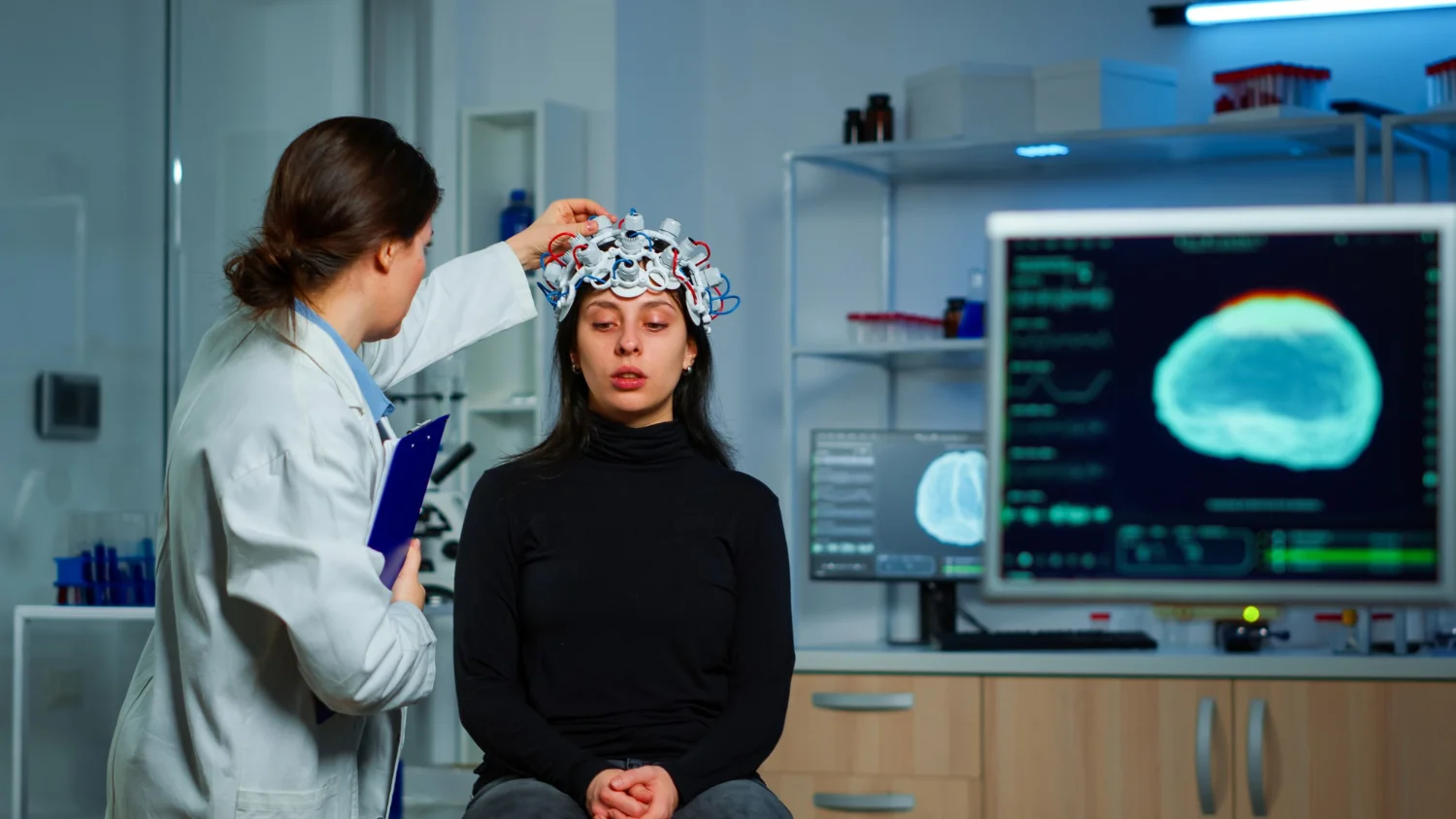It was a regular day when Sarah noticed her father, once an energetic man full of life, struggling to remember the simplest things. His hands shook uncontrollably, and his speech became slurred. This stark change in his health, from a vibrant individual to someone struggling with basic tasks, was a clear indication that something was seriously wrong. After a visit to the doctor, Sarah’s father was diagnosed with a neurological disease. This moment marked a turning point for her, leading her to explore how doctorhub360.com neurological diseases could offer a beacon of hope for those suffering from such conditions. Neurological diseases often remain hidden until symptoms become severe, but early diagnosis and treatment can significantly alter outcomes. In this article, we will explore how doctorhub360.com neurological diseases are diagnosed, treated, and managed, providing a comprehensive understanding of these complex conditions.
What Are Neurological Diseases?
Neurological diseases affect the brain, spinal cord, and nerves, influencing every aspect of the body’s functioning. These diseases can lead to debilitating conditions, such as loss of memory, speech, motor control, and even death. Some of the most common neurological diseases include:
Types of Neurological Diseases
- Parkinson’s Disease: A progressive disorder that affects movement, causing tremors, stiffness, and difficulty with balance.
- Alzheimer’s Disease: A degenerative condition leading to cognitive decline and memory loss.
- Multiple Sclerosis: A disease that damages the protective sheath of nerve fibers, leading to impaired communication between the brain and the rest of the body.
- Stroke: A medical emergency caused by a blockage or rupture of blood vessels in the brain, leading to brain damage.
The doctorhub360.com neurological diseases platform offers comprehensive resources for individuals seeking information, support, and treatment options for these and other neurological conditions.
Early Detection and Diagnosis
When it comes to neurological diseases, early detection can make all the difference. By being proactive and seeking timely diagnosis, you can significantly alter the course of these conditions. However, diagnosing these diseases often requires a combination of tests, including:
- MRI and CT Scans: These imaging techniques help detect abnormalities in the brain.
- Neurological Examinations: These tests assess reflexes, coordination, balance, and memory to check for signs of neurological dysfunction.
- Genetic Testing: Some neurological diseases have genetic roots, and testing can offer insights into risk factors.
For individuals looking for expert diagnosis and treatment options, doctorhub360.com neurological diseases provide a platform for connecting with top neurologists and specialists who offer cutting-edge diagnostic services.
Treatment Options for Neurological Diseases
Treating neurological diseases depends on the type and severity of the condition. While there is no one-size-fits-all approach, modern medicine offers various treatment options to manage symptoms and improve quality of life. These treatments include:
Medications
- Parkinson’s Disease: Levodopa is often prescribed to help manage movement problems.
- Alzheimer’s Disease: Drugs like donepezil can temporarily improve symptoms of memory loss.
- Multiple Sclerosis: Disease-modifying therapies (DMTs) are used to slow the progression of the disease.
Surgery
For certain conditions, such as brain tumors or advanced Parkinson’s disease, surgery might be necessary. Deep brain stimulation (DBS) is one such surgery that can help manage symptoms of Parkinson’s disease.
Physical and Occupational Therapy
Physical therapy helps patients regain motor control, while occupational therapy teaches patients how to carry out daily tasks more easily. Doctorhub360.com neurological diseases focuses on holistic treatment, offering resources that guide patients through treatment plans personalized to their unique needs.
Living with Neurological Diseases: A Daily Challenge
Living with a neurological disease requires significant adaptation, both mentally and physically. Family members and caregivers play a vital role in supporting individuals with neurological diseases, providing the necessary care and emotional support. Mental health is equally important, as the stress of dealing with such a condition can lead to anxiety, depression, and isolation. Doctorhub360.com neurological diseases emphasize the importance of mental well-being by offering psychological support, counseling services, and support groups to help individuals and families cope with the emotional aspects of the disease.
The Role of Technology in Neurological Disease Treatment
Technological advancements have revolutionized the treatment and management of neurological diseases. From telemedicine to robotic surgery, patients now have access to more personalized and efficient care. Virtual consultations, available through doctorhub360.com neurological diseases, allow patients to connect with neurologists from the comfort of their homes. Additionally, wearable devices that monitor brain activity and alert patients about potential seizures or other neurological events have become invaluable tools in managing conditions like epilepsy and Parkinson’s disease.
Conclusion: Hope Through Knowledge and Support
Neurological diseases are some of the most challenging health conditions to face, but with early diagnosis, proper treatment, and ongoing support, patients can lead fulfilling lives. Doctorhub360.com neurological diseases serves as an essential resource for those affected by these conditions, offering access to expert care, cutting-edge treatment options, and a community of support. For anyone facing the complexities of neurological diseases, remember that you are not alone. By staying informed and seeking the right help, there is hope for a brighter future. Always prioritize early detection, continuous treatment, and emotional well-being, as these are key to managing neurological diseases effectively.



